When bishops speak with one voice, the world should listen.
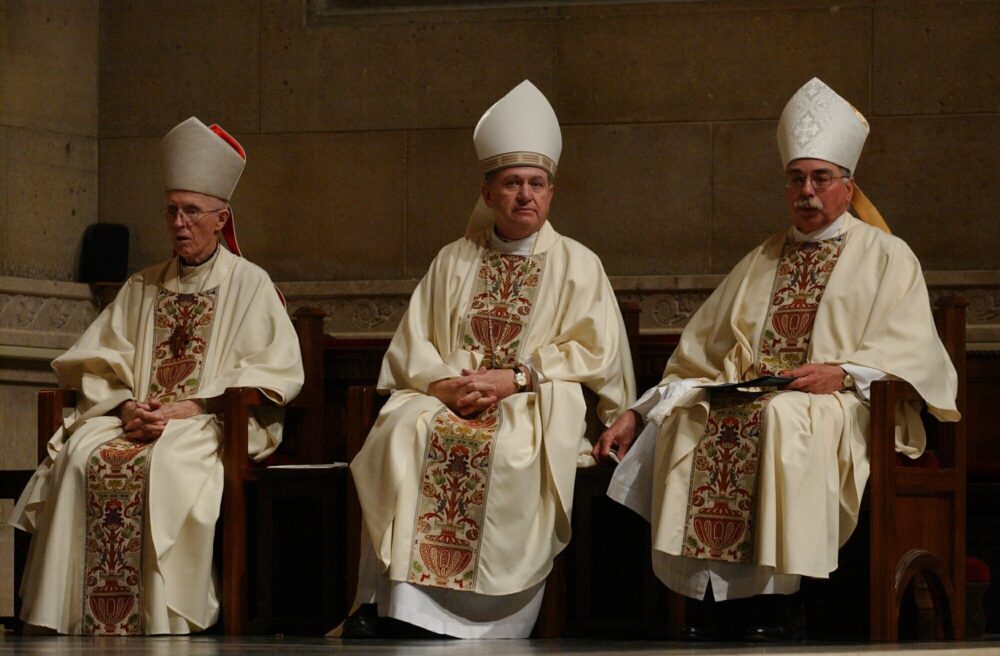
The call for climate action isn’t just coming from scientists or activists—it’s coming from the pulpit. Around the world, Catholic bishops are sounding the alarm, urging governments, corporations, and individuals to confront the crisis unfolding around us. For them, climate change isn’t just an environmental issue—it’s a moral one. The poor are the first to suffer, ecosystems are collapsing, and future generations are being robbed of stability and peace.
These statements aren’t vague or symbolic. They’re clear, passionate, and urgent. From the Amazon basin to the South Pacific, bishops are calling on the faithful to shift how we live, vote, and consume. Many of these declarations draw from Pope Francis’s encyclical Laudato Si’, but local leaders are making the message personal—rooted in lived experience, cultural context, and deep spiritual responsibility. The Church may move slowly, but this growing chorus is impossible to ignore.
1. Amazonian bishops warned that deforestation is a form of violence.
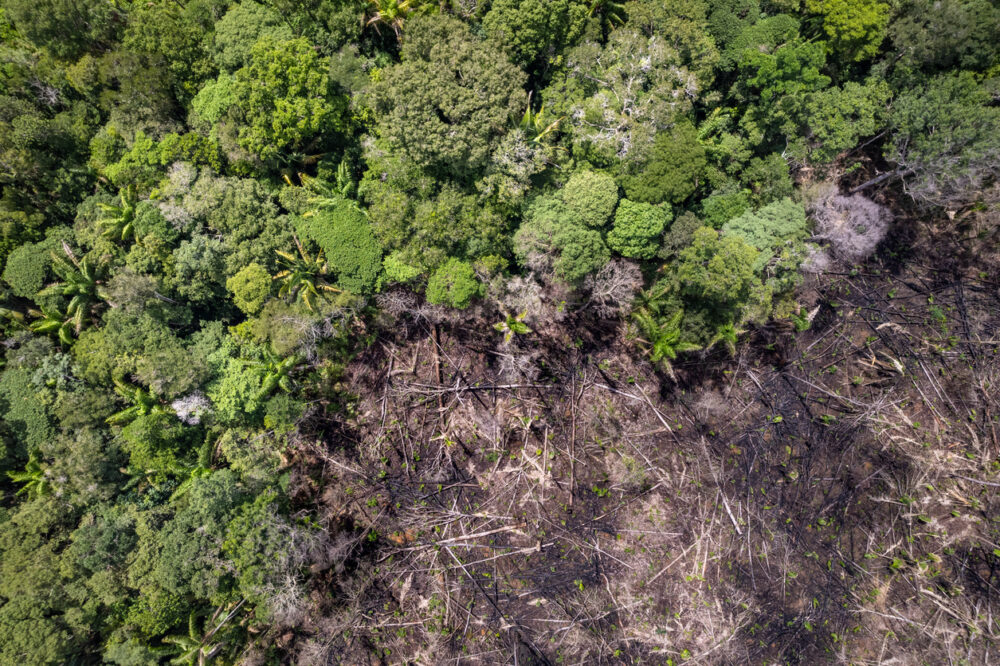
At the 2019 Synod on the Amazon, bishops from Brazil, Peru, and Colombia emphasized that deforestation is not just ecological destruction—it’s spiritual and social harm. They described the loss of the rainforest as a direct attack on Indigenous communities, biodiversity, and the Earth itself. Their message framed environmental degradation as a moral sin rooted in greed and colonial exploitation. This wasn’t theoretical—it reflected firsthand knowledge of displacement, water contamination, and forest loss. Their plea called for urgent international solidarity, protection for Indigenous peoples, and a rethinking of economic models that treat nature as expendable.
2. The bishops of the Philippines linked climate disaster to fossil fuel abuse.
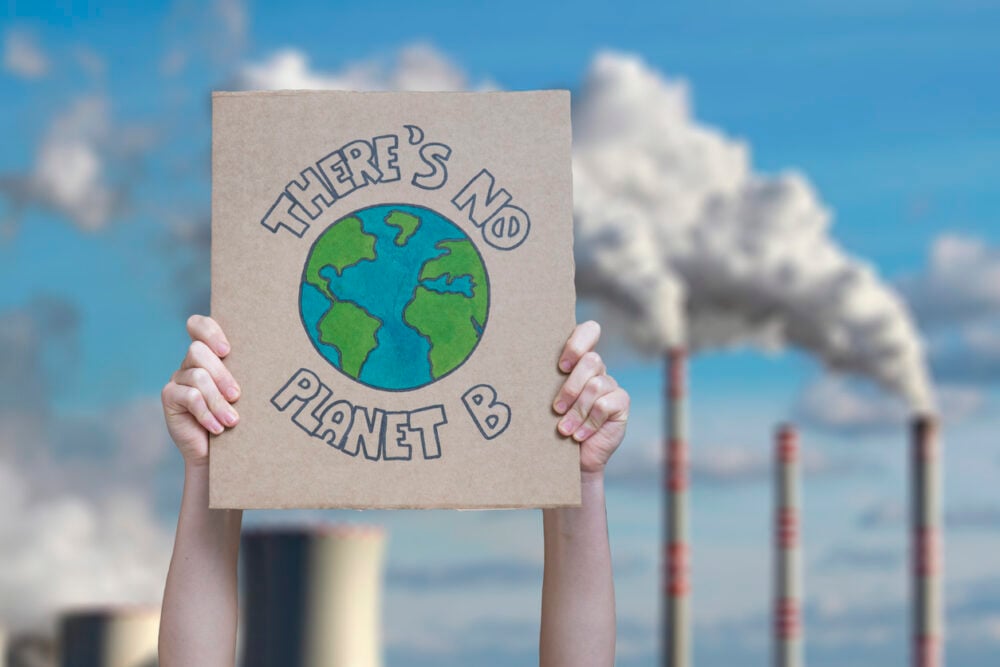
In a powerful 2019 pastoral letter, the Catholic Bishops’ Conference of the Philippines directly named fossil fuel companies as contributors to the country’s worsening climate disasters. With regular typhoons, flooding, and displacement devastating communities, the bishops demanded accountability. They urged dioceses to divest from coal and invest in renewables, arguing that financial stewardship must align with creation care. Their tone was unapologetically prophetic—condemning silence and delay as complicity. For a nation already on the frontlines of climate chaos, this letter was both a warning and a challenge to lead by example.
3. Pacific Island bishops declared that climate change is a matter of survival.
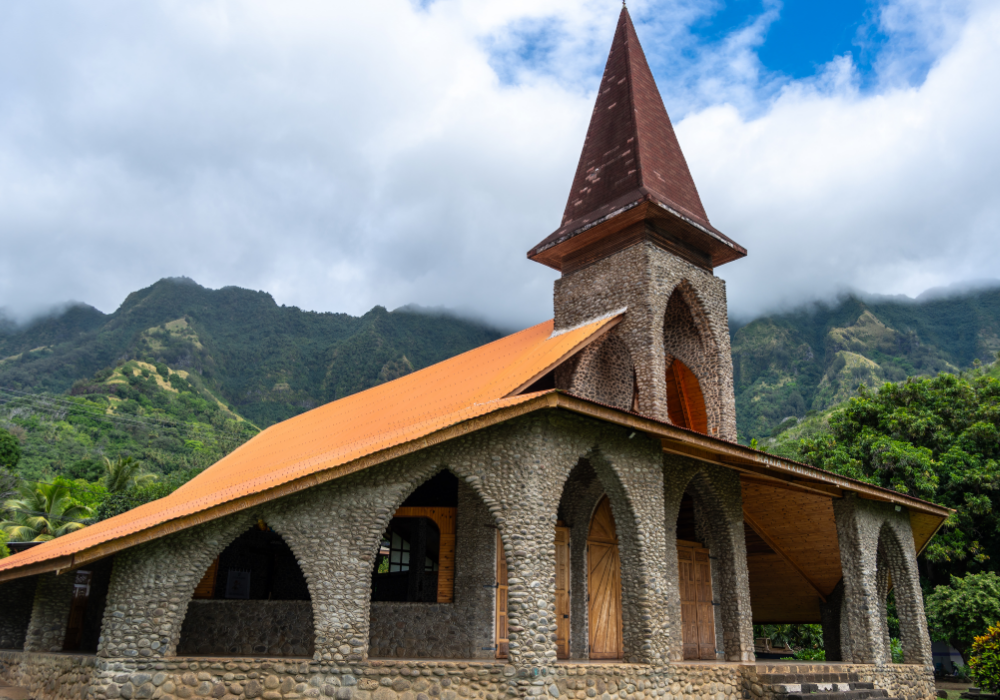
Representing nations like Fiji, Kiribati, and Tuvalu, the bishops of the Pacific have been among the most urgent voices in the Church. In joint statements over the past decade, they’ve described rising seas as an existential threat—not a future problem, but a present catastrophe. They’ve asked wealthier nations to stop treating the Pacific as a “canary in the coal mine” and start responding with solidarity, funding, and emissions cuts. Their appeals often center human dignity, cultural preservation, and ancestral land rights—underscoring that climate justice isn’t charity; it’s obligation.
4. African bishops tied ecological harm to colonial systems and economic injustice.
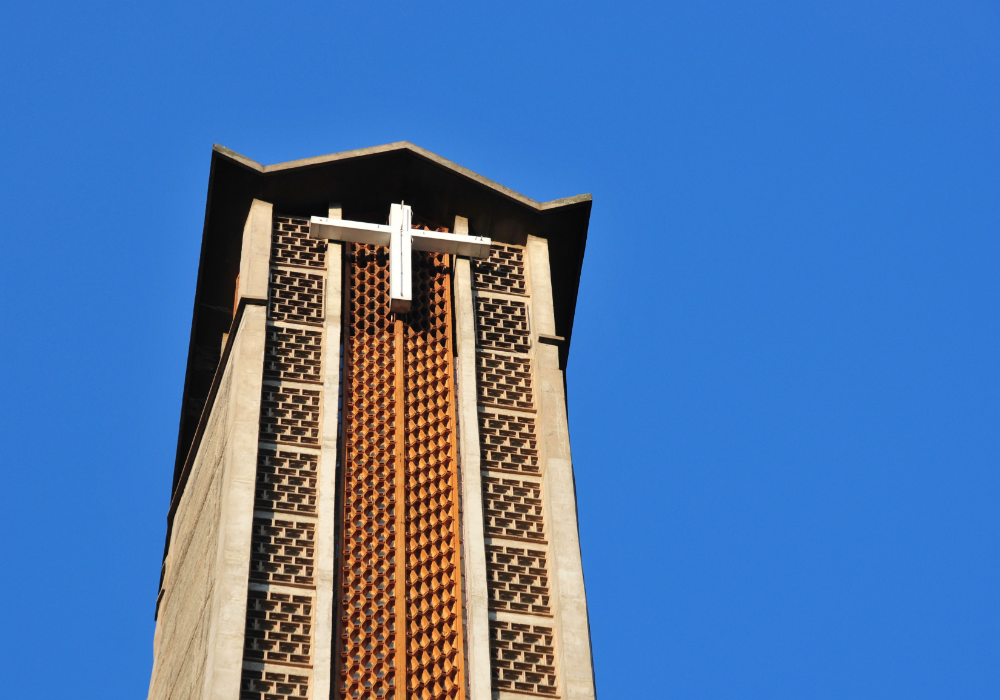
During the 2019 Laudato Si’ Conference in Nairobi, African bishops highlighted how climate change exacerbates existing injustices. Drought, desertification, and extreme heat are displacing millions. But these are not isolated tragedies—they’re tied to extractive industries, land grabs, and systems that continue to benefit the Global North. Their statements focused on historical responsibility. They called for ecological reparations, international cooperation, and investment in climate resilience led by African communities. The message was clear: climate action must include decolonizing the systems that created this crisis in the first place.
5. European bishops called out consumerism and technocratic thinking.
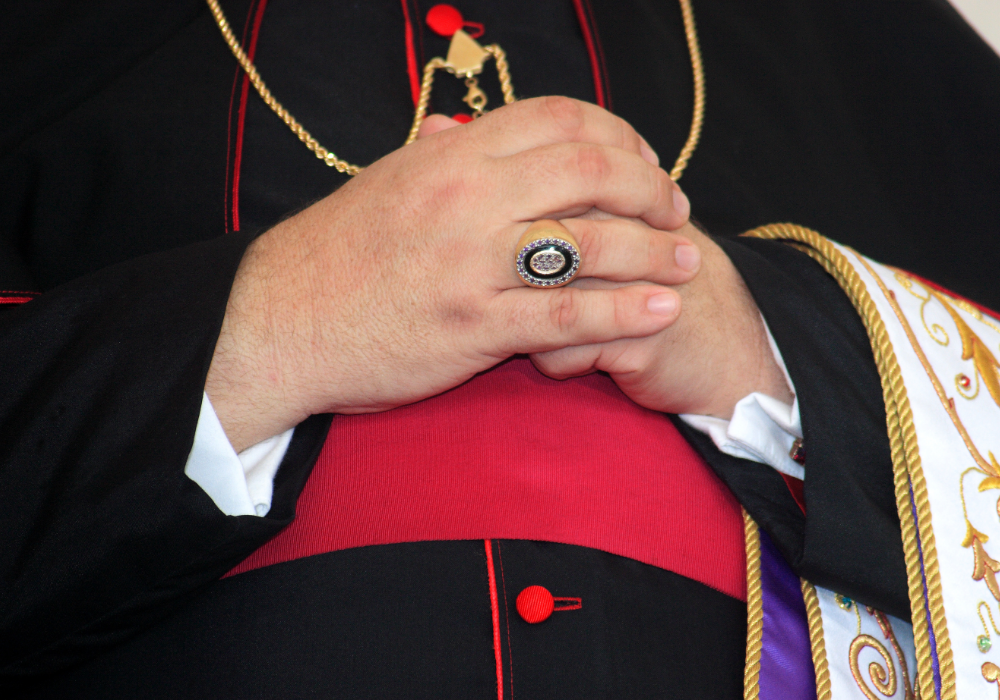
In 2020, the European bishops’ commission (COMECE) released a strong statement critiquing Europe’s reliance on consumer culture and unchecked technological optimism. They argued that simply “greening” the economy without questioning underlying values was not enough. The bishops called for a deep ecological conversion—one that addresses not just emissions, but the spiritual emptiness driving overconsumption. Their vision centered on simplicity, relational living, and long-term thinking. Coming from a continent often seen as wealthy and stable, this was a rare and powerful acknowledgment of Europe’s role in both creating and solving the crisis.
6. Canadian bishops say protecting the Earth means listening to Indigenous voices.
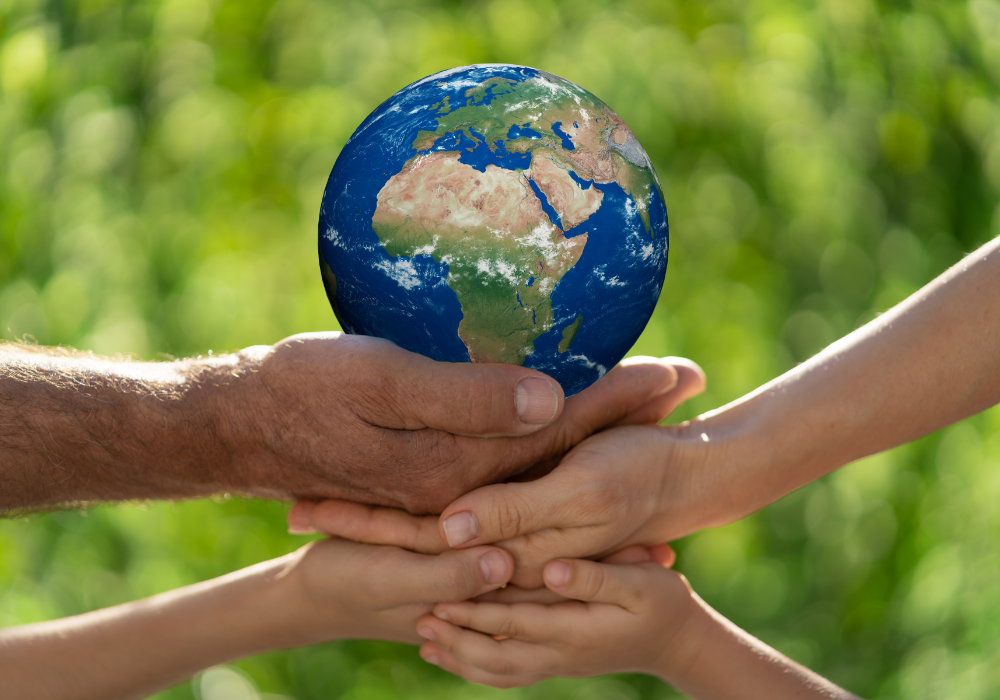
In recent years, Canada’s bishops have acknowledged that the Church must listen to Indigenous communities not only for healing—but for ecological guidance. As wildfires and pipeline debates intensify, many dioceses have supported First Nations resistance to environmentally harmful development. This shift marks a growing recognition that land protection is spiritual work. The bishops have echoed calls for environmental justice rooted in Indigenous stewardship, urging Catholics to treat land as sacred and not as property. Rather than positioning themselves as sole moral authorities, they’ve chosen to amplify voices long silenced by both Church and state.
7. Bishops in India warn that climate change hurts the poor the most.

India’s bishops have made it clear: the climate crisis doesn’t strike evenly. In pastoral letters and public statements, they’ve highlighted how heatwaves, water scarcity, and crop failures disproportionately harm lower-caste communities, informal workers, and the rural poor. Their language focuses on systemic inequality. Protecting creation, they argue, must include dismantling social hierarchies that leave millions vulnerable to environmental collapse. This isn’t just a call to plant trees or cut emissions—it’s a challenge to recognize whose lives are treated as expendable in both ecological and economic systems.
8. Latin American bishops are standing up to polluting companies.
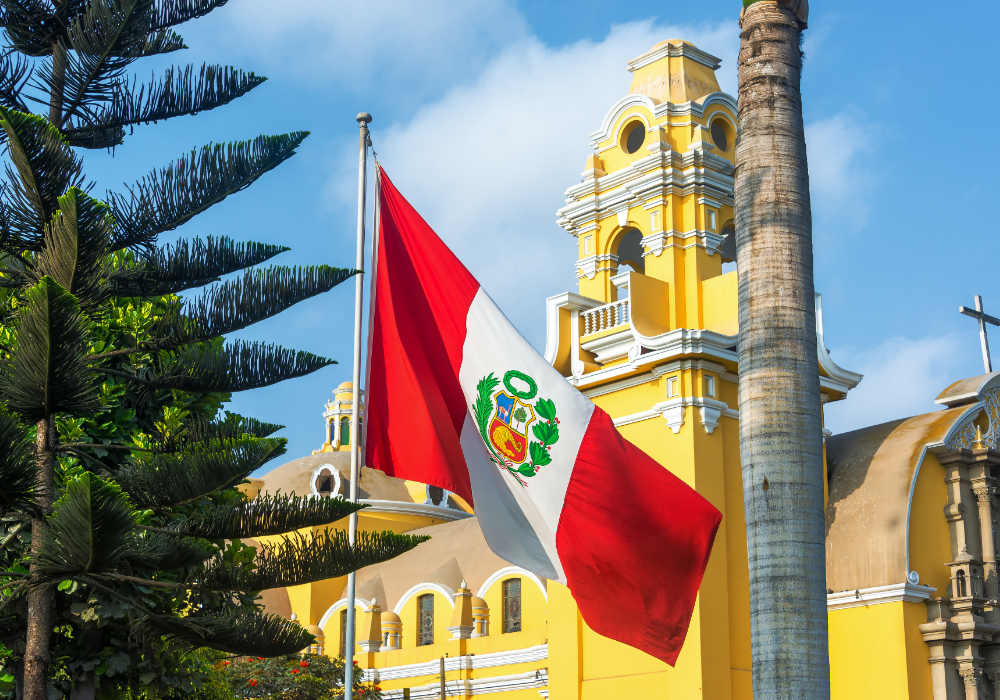
Across Peru, Ecuador, and Bolivia, bishops have joined local communities in opposing destructive mining and oil operations. Their pastoral letters often name names—multinational corporations that pollute rivers, displace villages, and bribe officials. This isn’t soft diplomacy—it’s public confrontation. Their messages blend Catholic social teaching with grassroots resistance. They emphasize that ecological harm is inseparable from corruption, violence, and poverty. In places where environmental defenders are targeted or killed, bishops have become unexpected allies—lending spiritual weight to fights over land, water, and sovereignty.
9. American bishops are speaking out—but not with one clear voice.
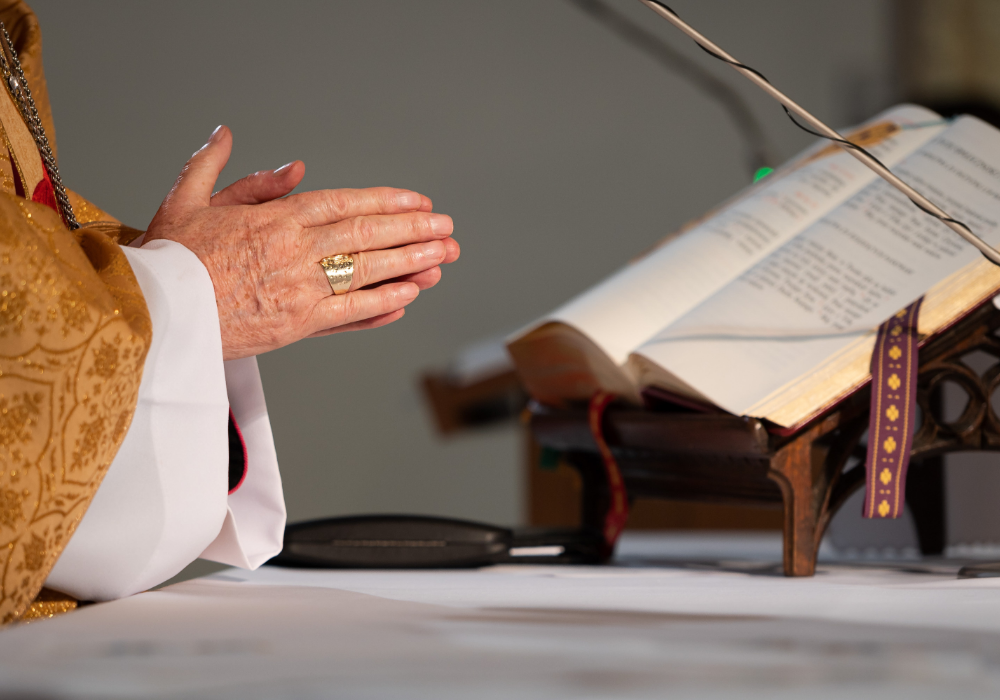
While some American bishops have echoed Pope Francis’s climate teachings, the overall response has been fractured. A few have led with bold statements, supporting renewable energy and environmental justice in their dioceses. Others have remained silent or dismissed climate as secondary to cultural issues. Still, there are bright spots. Regions vulnerable to flooding or drought have seen stronger pastoral messaging. And some bishops have joined interfaith coalitions pushing for policy change. But compared to their counterparts abroad, the U.S. episcopate has yet to consistently match the urgency of the crisis with the volume of their voice.
10. In conflict zones, bishops say peace and climate action must go together.

From the Middle East to parts of Africa, bishops in conflict zones have drawn clear links between environmental collapse and political instability. Scarcity of water, loss of farmland, and climate-driven displacement all increase the risk of violence—and deepen human suffering. Their pleas don’t separate peacebuilding from climate action. Instead, they view environmental protection as essential to stability and healing. In regions where communities are rebuilding from war, these bishops have urged international leaders to see climate mitigation not just as prevention—but as reconciliation. The message is simple: there’s no peace without a livable planet.
